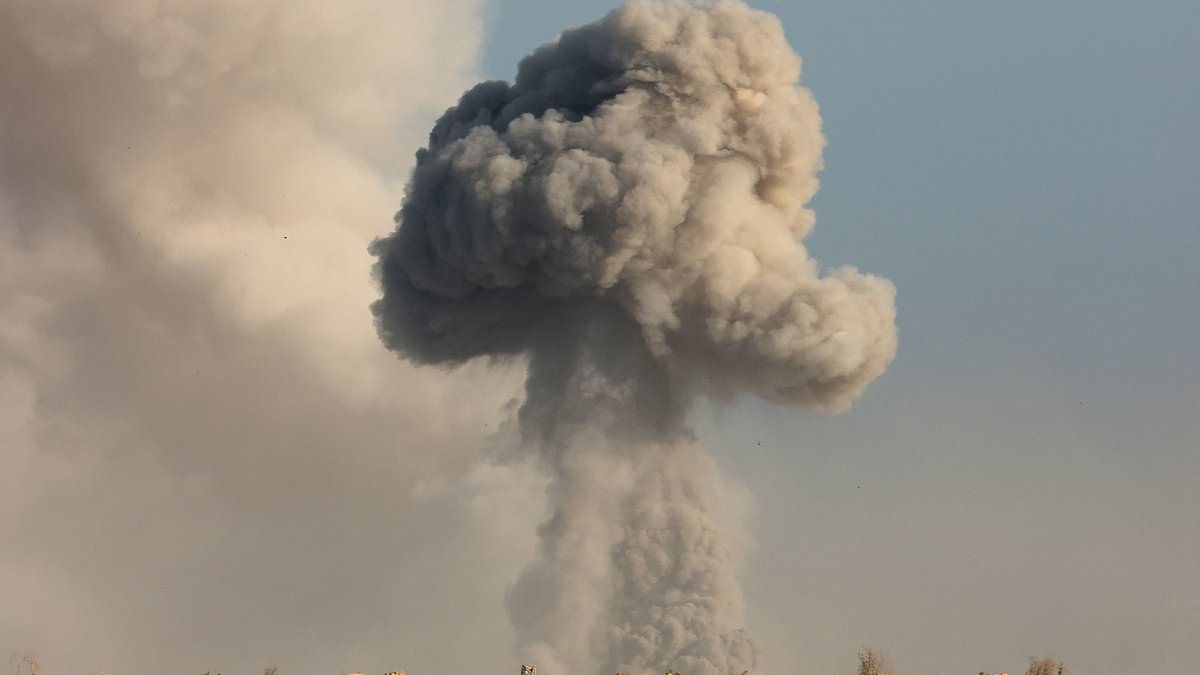
The Current Situation in Gaza City
The Israeli military has recently designated Gaza City as a ‘dangerous combat zone,’ intensifying concerns about the humanitarian situation for its residents. As the IDF prepares for a full-scale operation to gain control, nearly 740,000 people currently sheltering in the city face severe risks.
A Humanitarian Crisis Unfolding
With military operations escalating, humanitarian groups have voiced grave warnings about the catastrophic impacts these actions pose to civilians. The United Nations has emphasized the dire consequences of military engagements, cautioning that they lead to massive destruction and loss of life.
Efforts to Evacuate Residents
In response to the imminent military action, the IDF has urged residents to evacuate, proposing relocation to designated areas. However, reports indicate that these assigned zones might still be unsafe, raising doubts about the effectiveness of evacuation plans.
Public Response and Protests
The escalating conflict has resulted in significant public backlash within Israel, where protests against military expansions and calls for negotiations to release hostages have surged. Demonstrators are urging the government to reconsider their military strategy and prioritize peace and safety for all involved.
The Role of Humanitarian Organizations
The Red Cross and other organizations have continuously highlighted that the escalation in hostilities leads to increased displacement and despair among civilians. Access to essential resources like healthcare, food, and water is deteriorating rapidly.
Conclusion
The ongoing conflict in Gaza City underscores the urgent need for humanitarian intervention and sustainable resolutions to ensure the safety and well-being of civilians. As the situation evolves, the international community’s awareness and response will be crucial in mitigating the impacts of this humanitarian crisis.
For those looking to engage in humanitarian efforts, consider supporting organizations like the Red Cross, which provide essential services in conflict zones and advocate for the protection of civilians.



